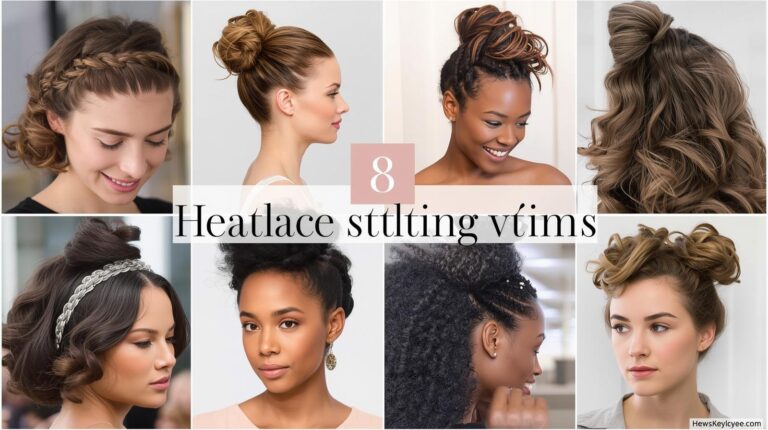12 Ways to Prevent Hair Fall and Thinning
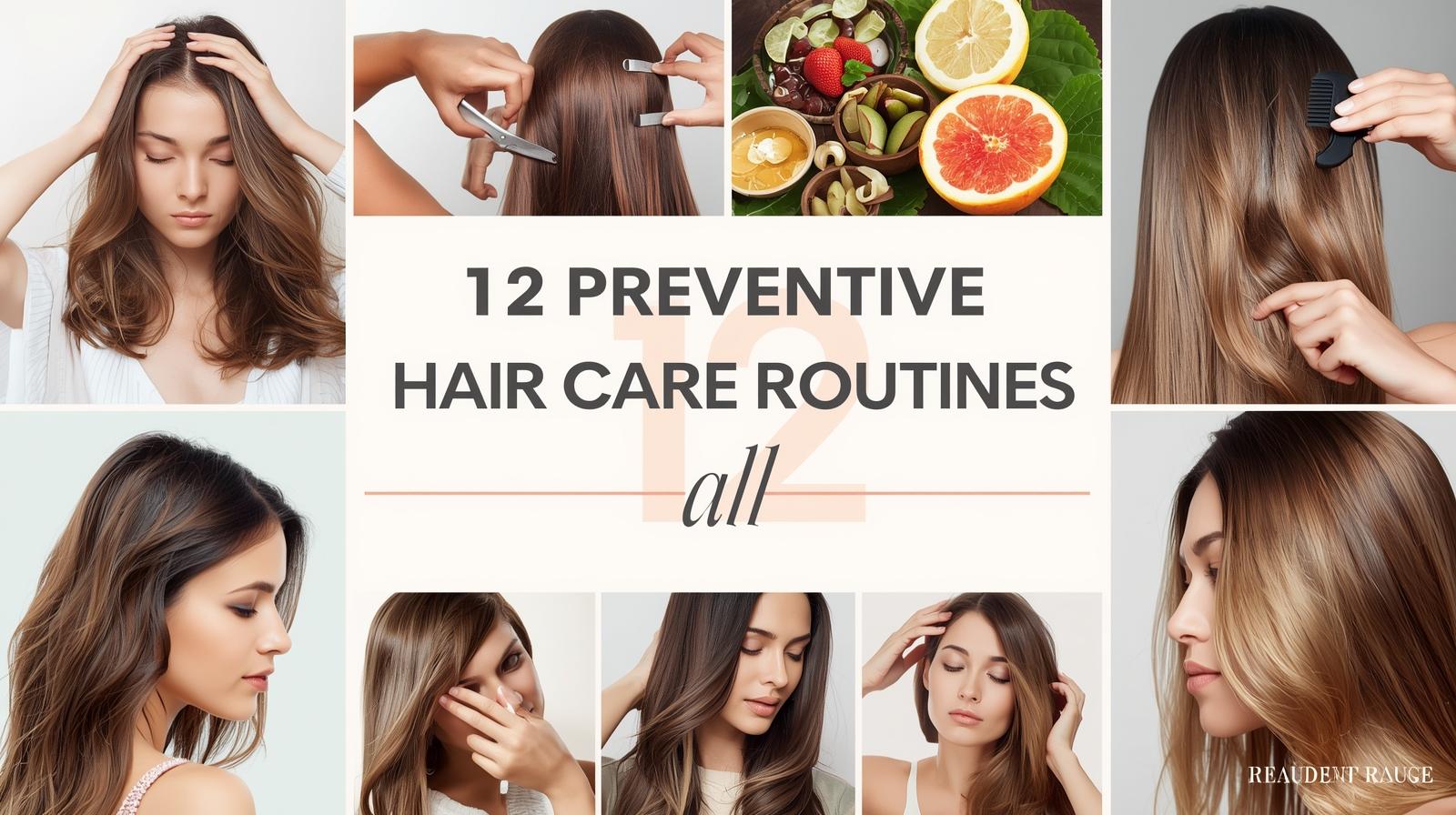
Hair fall and thinning can be worrying, especially when your hair starts losing its natural strength and volume. The good news is that most of the time, these problems can be controlled with simple lifestyle changes and proper care. From your daily routine to the products you use, every little detail affects your hair health.
Here are 12 effective ways to prevent hair fall and thinning, so you can regain strong, healthy, and voluminous locks.
1. Maintain a Balanced Diet
What you eat directly affects the health of your hair. A diet rich in proteins, iron, zinc, and vitamins A, C, D, and E promotes growth and prevents breakage. Include foods like eggs, spinach, nuts, fish, and sweet potatoes. Staying hydrated is equally important — drink plenty of water daily to keep your scalp nourished.
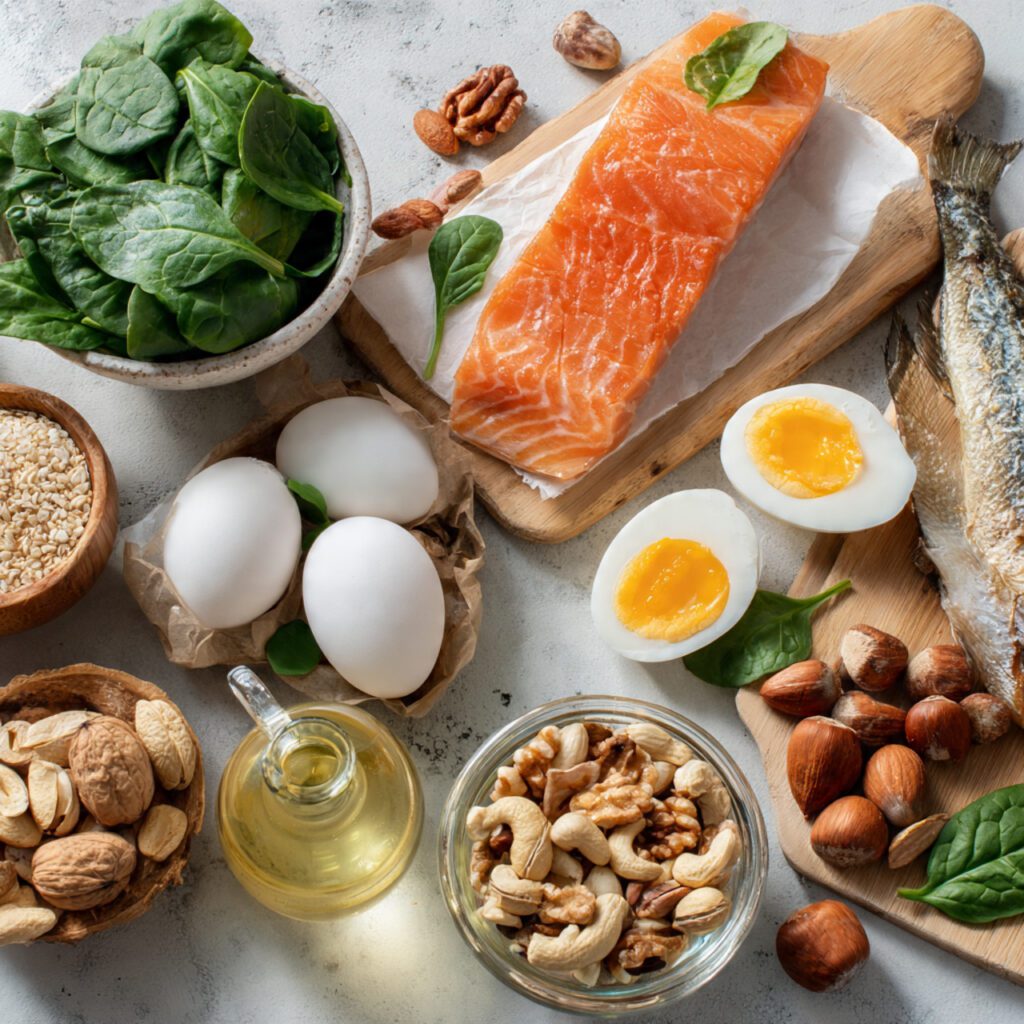
2. Massage Your Scalp Regularly
Regular scalp massages increase blood circulation, which nourishes your hair follicles and strengthens roots. Use your fingertips or a soft massaging brush for 5–10 minutes daily. Adding natural oils like coconut, rosemary, or castor oil can further stimulate growth and reduce hair fall.
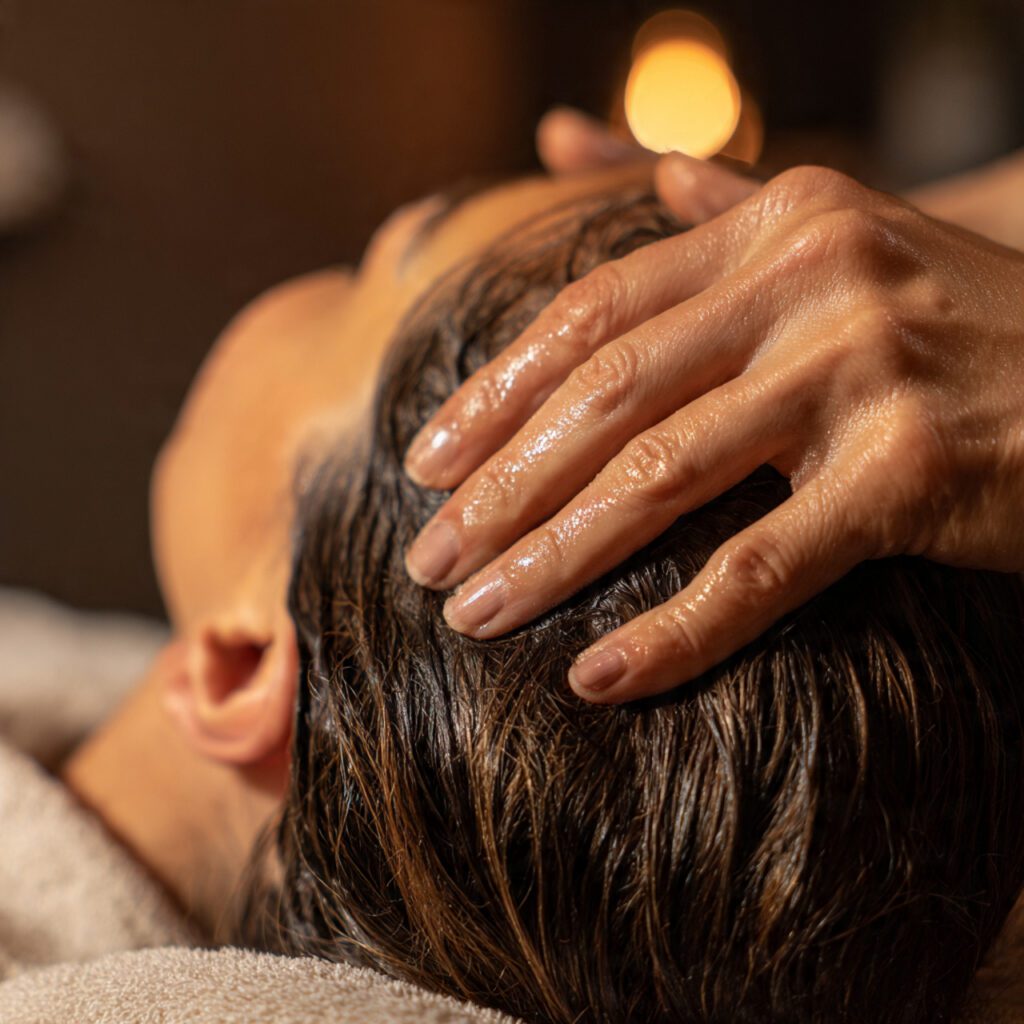
3. Avoid Overwashing Your Hair
Washing your hair too often strips away natural oils that keep it healthy. Limit washing to 2–3 times per week, and always use a mild, sulfate-free shampoo. Overwashing can dry out your scalp and make your strands more prone to breakage.
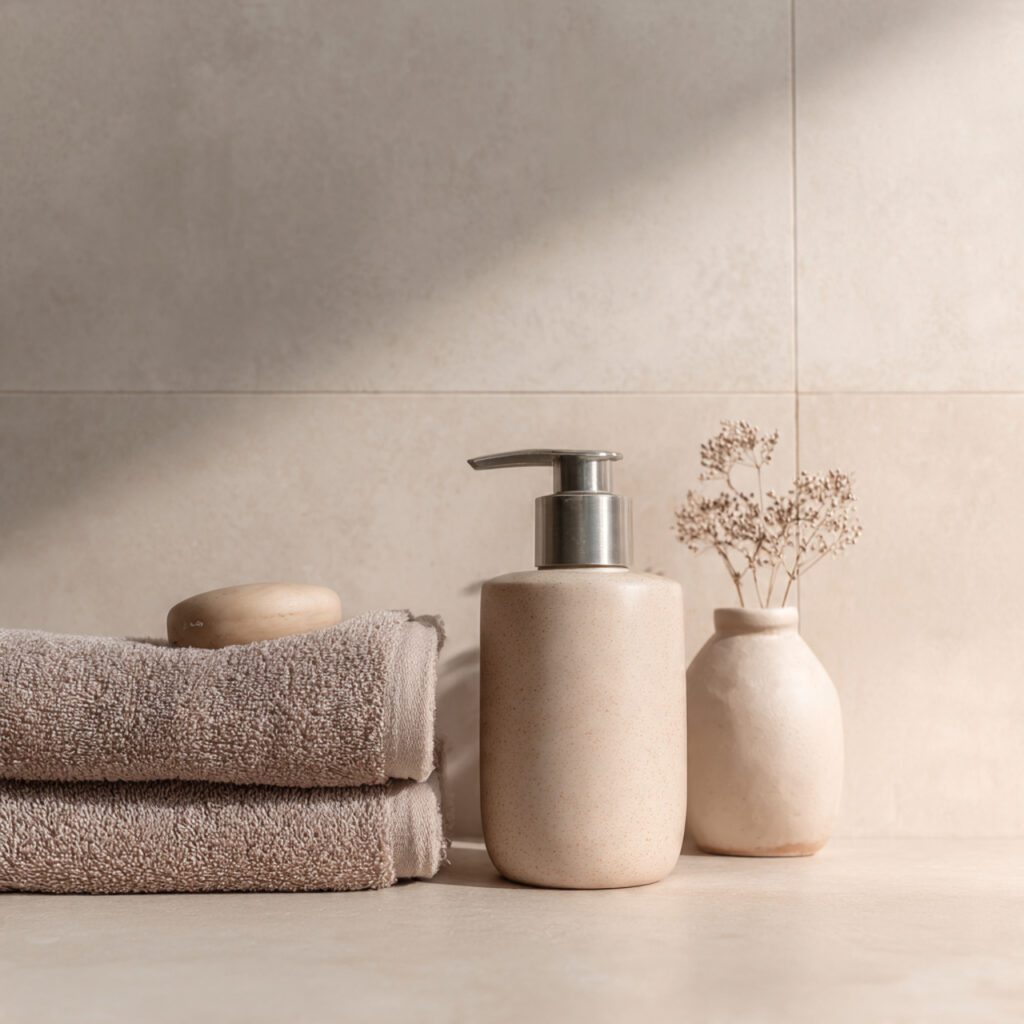
4. Use Gentle Hair Care Products
Harsh shampoos and conditioners with chemicals such as parabens and sulfates can weaken your hair over time. Choose products that are formulated for thin or fragile hair and enriched with natural ingredients like biotin, keratin, or aloe vera. Gentle products maintain scalp balance and prevent thinning.
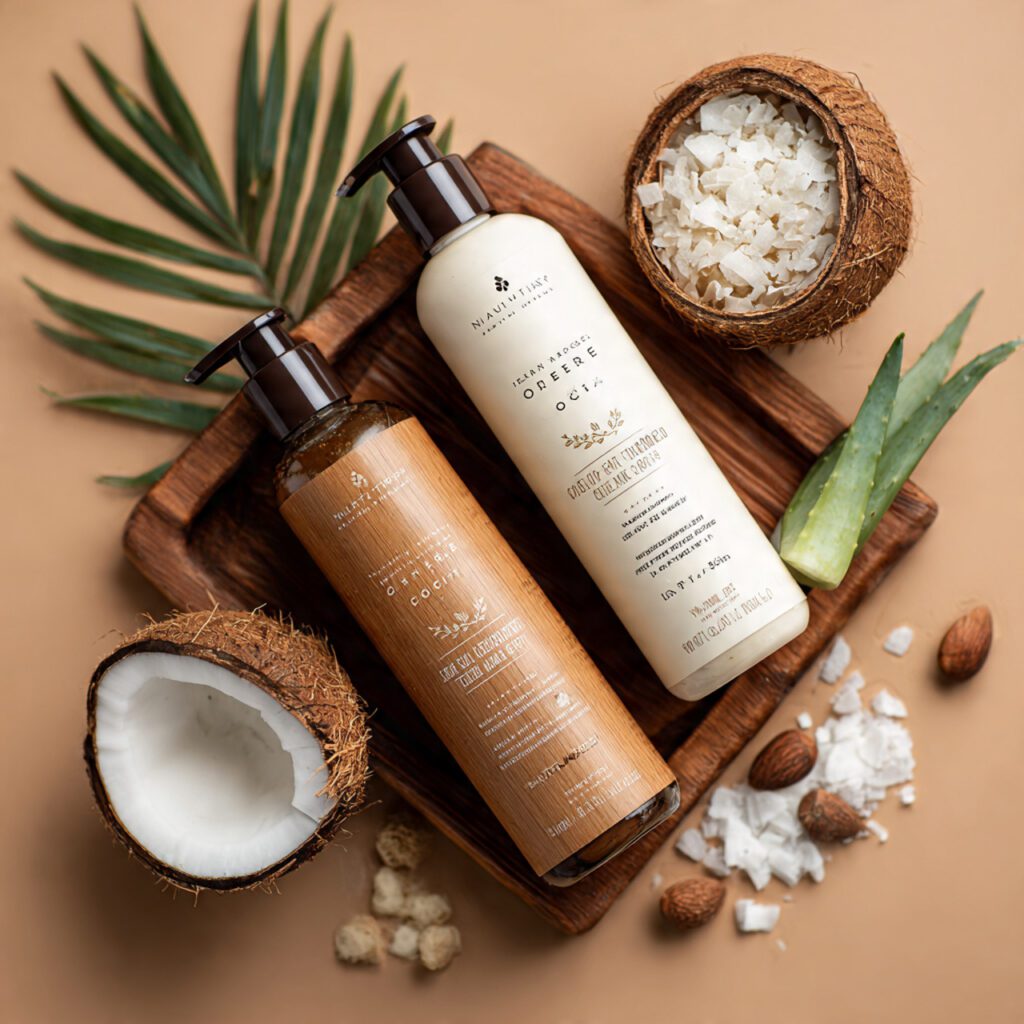
5. Minimize Heat Styling
Excessive heat styling is one of the top causes of hair thinning. Straighteners, curling irons, and blow dryers damage the protein structure of your hair. Whenever possible, air-dry your hair naturally. If you must use heat, always apply a heat protectant spray beforehand and keep the temperature moderate.
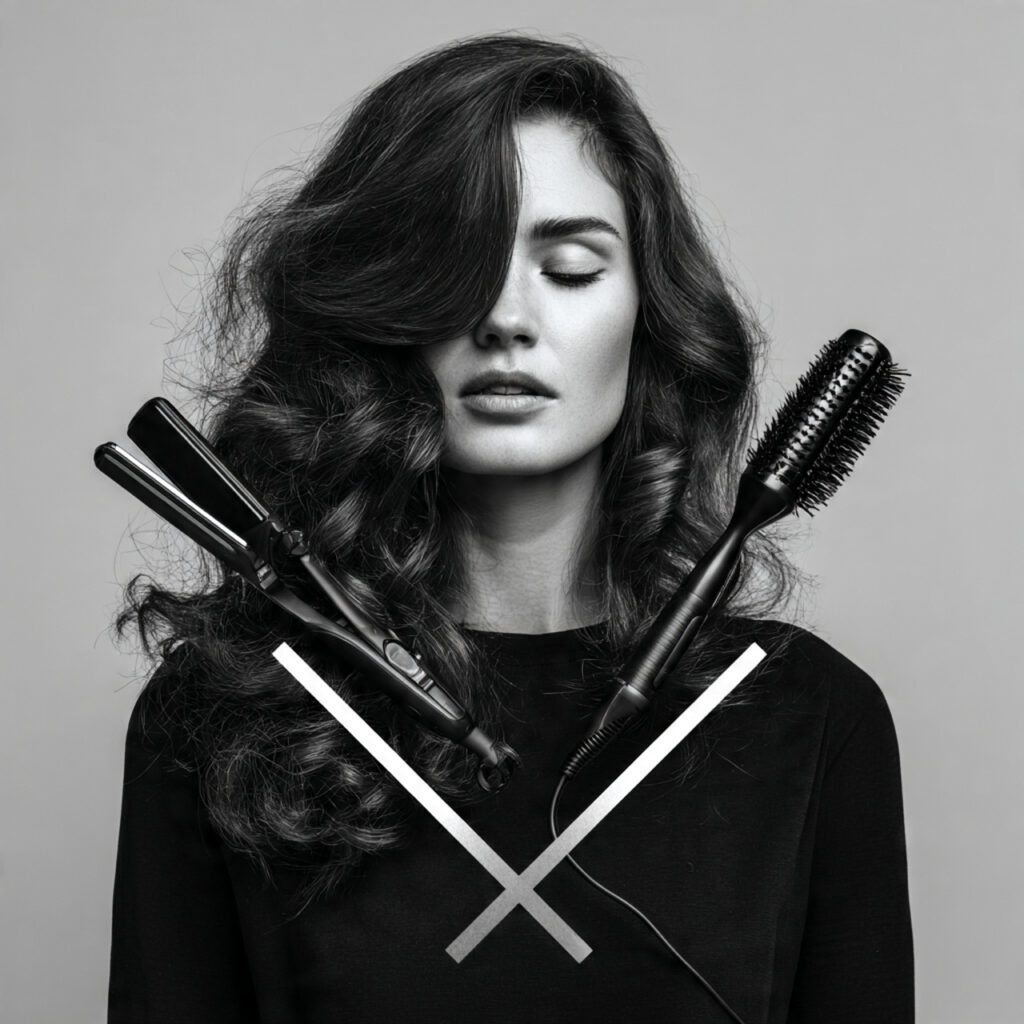
6. Avoid Tight Hairstyles
Constantly wearing tight ponytails, buns, or braids can cause traction alopecia, a form of hair loss due to tension. Alternate your hairstyles and use soft scrunchies or fabric bands instead of elastic ones. Let your hair rest and breathe between styles to prevent unnecessary strain.

7. Trim Your Hair Regularly
Regular trims every 6–8 weeks help remove split ends and prevent breakage. Keeping your ends healthy promotes better growth and gives your hair a fuller look. Trimming also helps maintain shape and prevents the illusion of thinning at the ends.
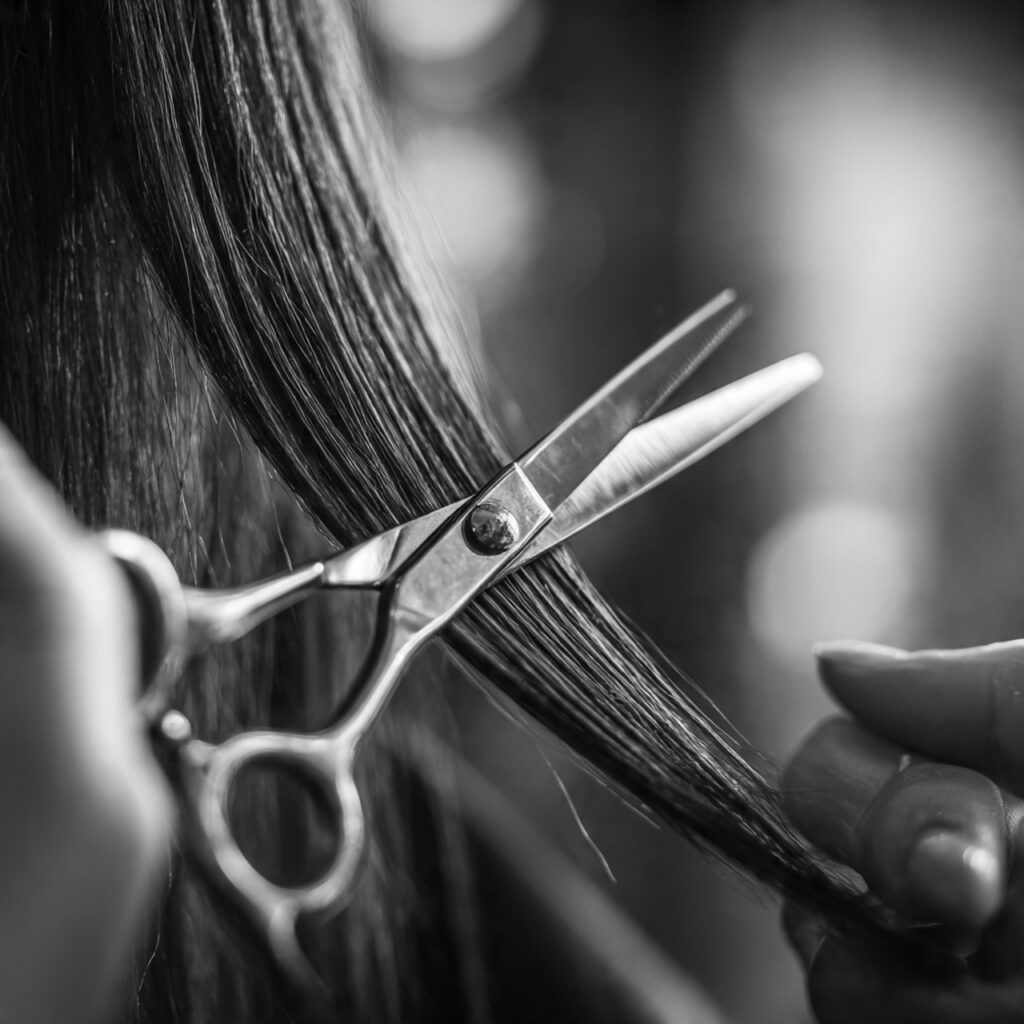
8. Reduce Stress
Stress is a major contributor to hair fall. High cortisol levels can interrupt the hair growth cycle and lead to excessive shedding. Practice relaxation techniques such as yoga, meditation, deep breathing, or walking. Managing stress benefits not only your mind but also your hair health.

9. Avoid Chemical Treatments
Frequent coloring, perming, or straightening can weaken your hair shaft and damage follicles. Limit chemical treatments or opt for ammonia-free and herbal-based alternatives. Always follow up with deep conditioning or protein masks to restore lost nutrients.
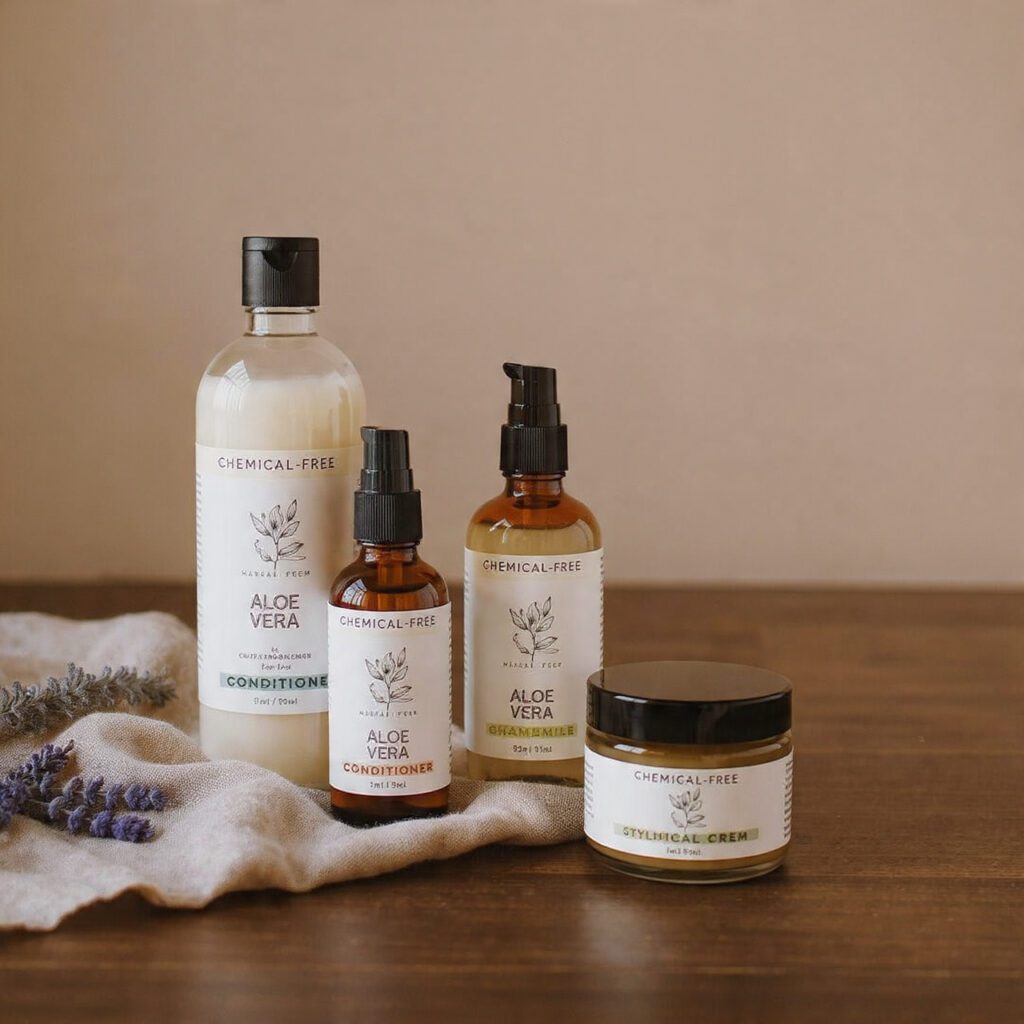
10. Protect Your Hair from Sun Damage
Just like your skin, your hair needs protection from UV rays. Too much sun exposure can make your hair dry, brittle, and prone to breakage. When stepping out, use a hat, scarf, or UV-protectant hair serum to keep your strands safe.

11. Sleep on Silk or Satin Pillowcases
Cotton pillowcases can pull and break delicate strands, leading to hair loss over time. Switching to silk or satin pillowcases reduces friction and helps maintain your hair’s natural moisture. It also minimizes tangling and split ends, keeping your hair smoother and stronger.
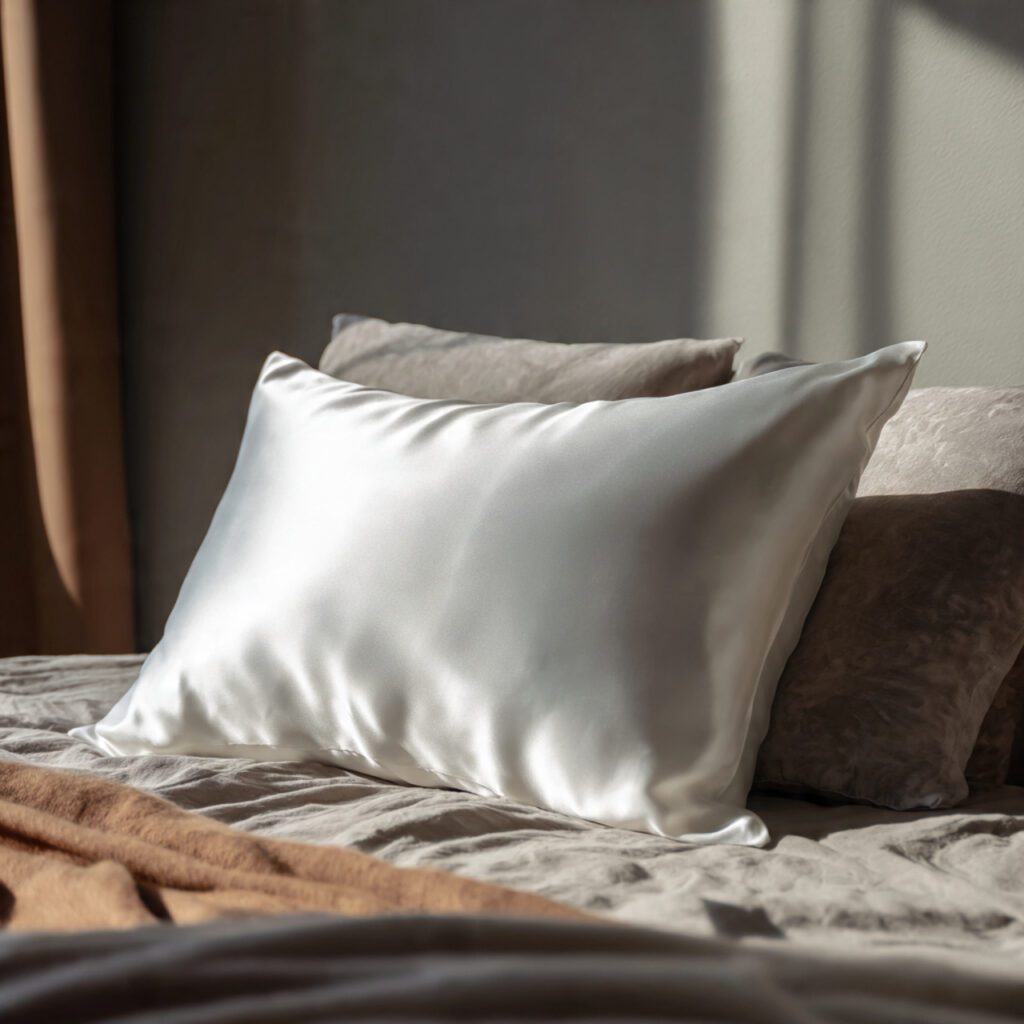
12. Use Natural Hair Masks
Homemade hair masks can do wonders for thinning hair. Ingredients like egg, aloe vera, amla, or coconut milk strengthen roots and prevent hair fall. Apply a nourishing mask once a week to replenish lost moisture and nutrients. Natural remedies are gentle and safe for long-term use.
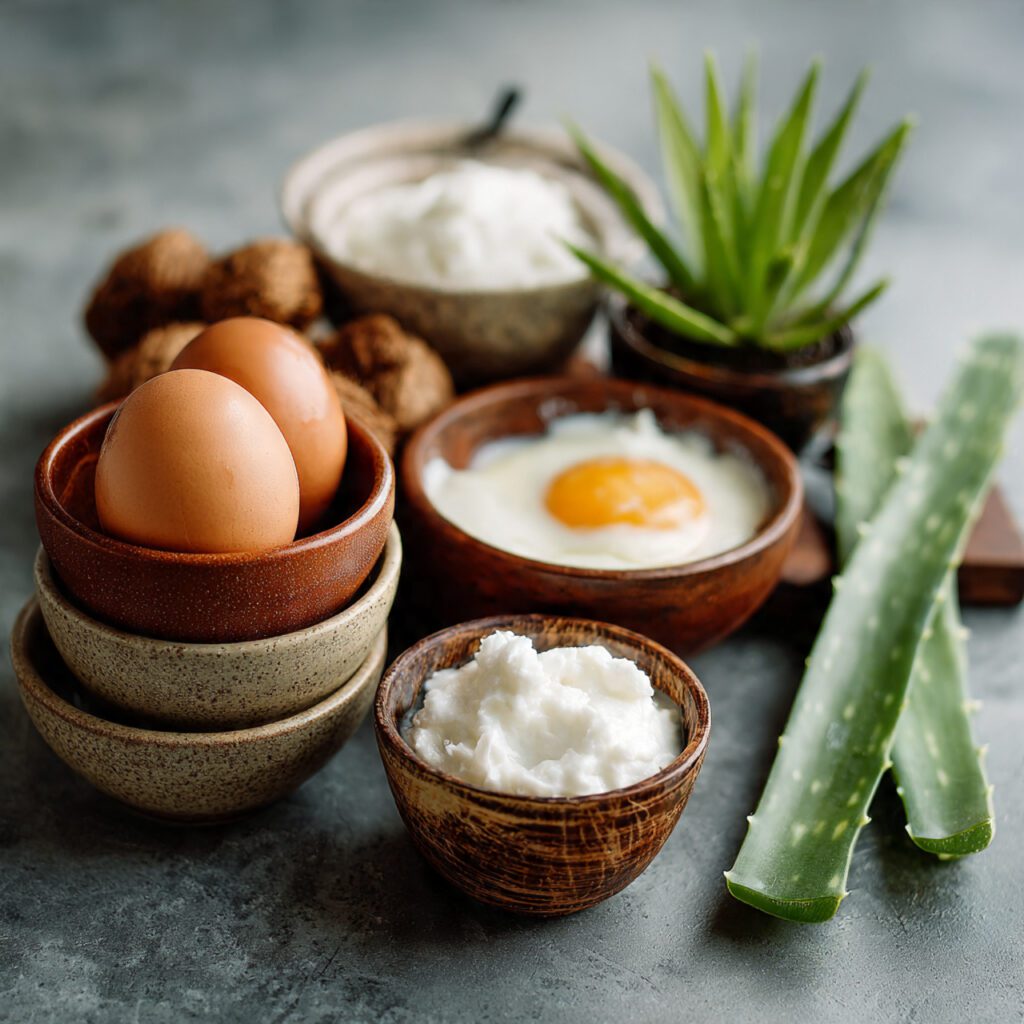
Bonus Tip: Be Consistent
Preventing hair fall takes patience and consistency. Follow these routines regularly — not just occasionally. Small, steady efforts like scalp massages, balanced nutrition, and gentle care build up over time to restore your hair’s natural strength.
Final Thoughts
Hair fall and thinning can happen for many reasons, from stress to poor care routines. But with mindful habits and the right products, you can protect your strands and stimulate new growth. These 12 ways to prevent hair fall are simple yet effective — helping you achieve stronger, thicker, and healthier hair naturally.
Consistency, patience, and proper care are your secret weapons for beautiful, resilient hair that grows with confidence.

